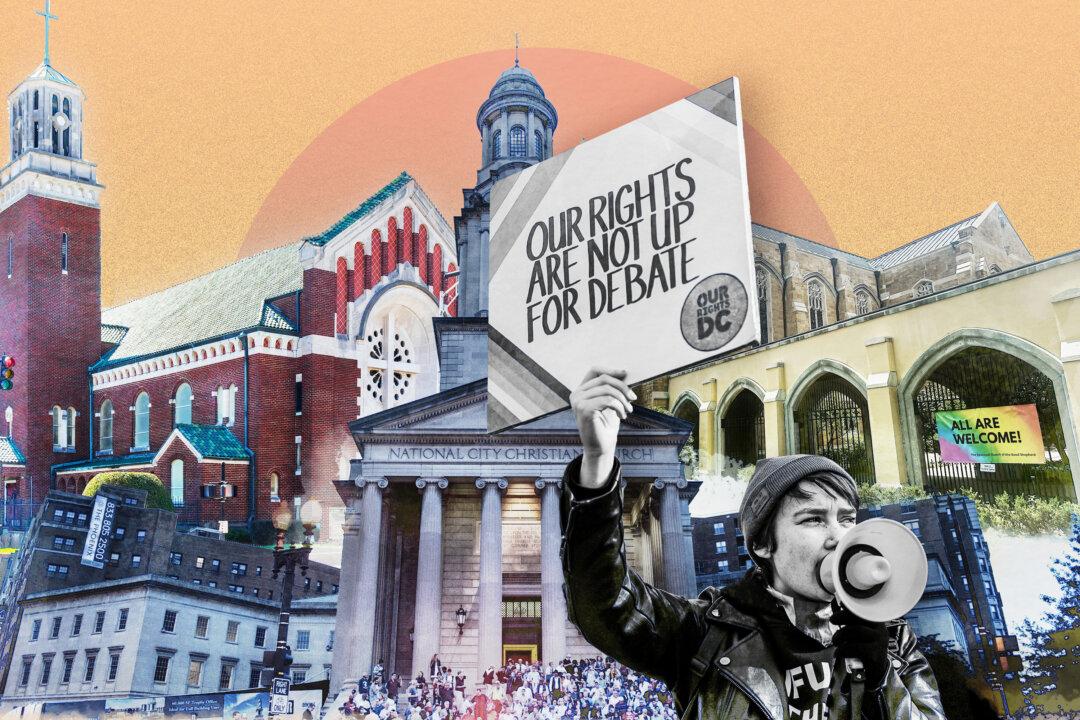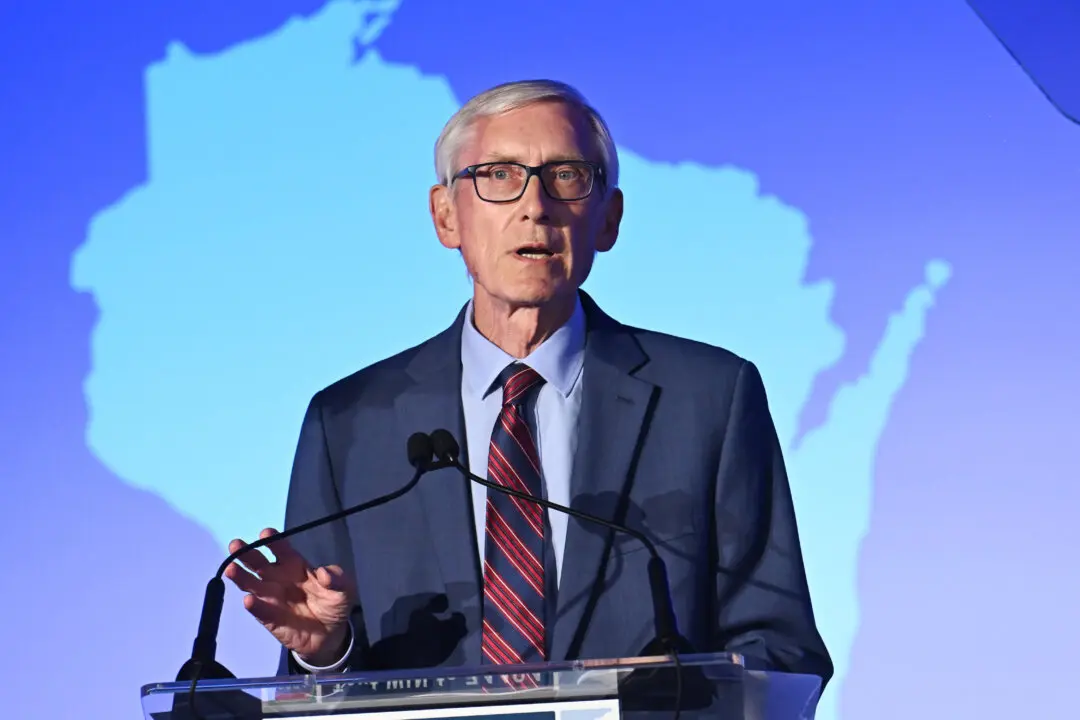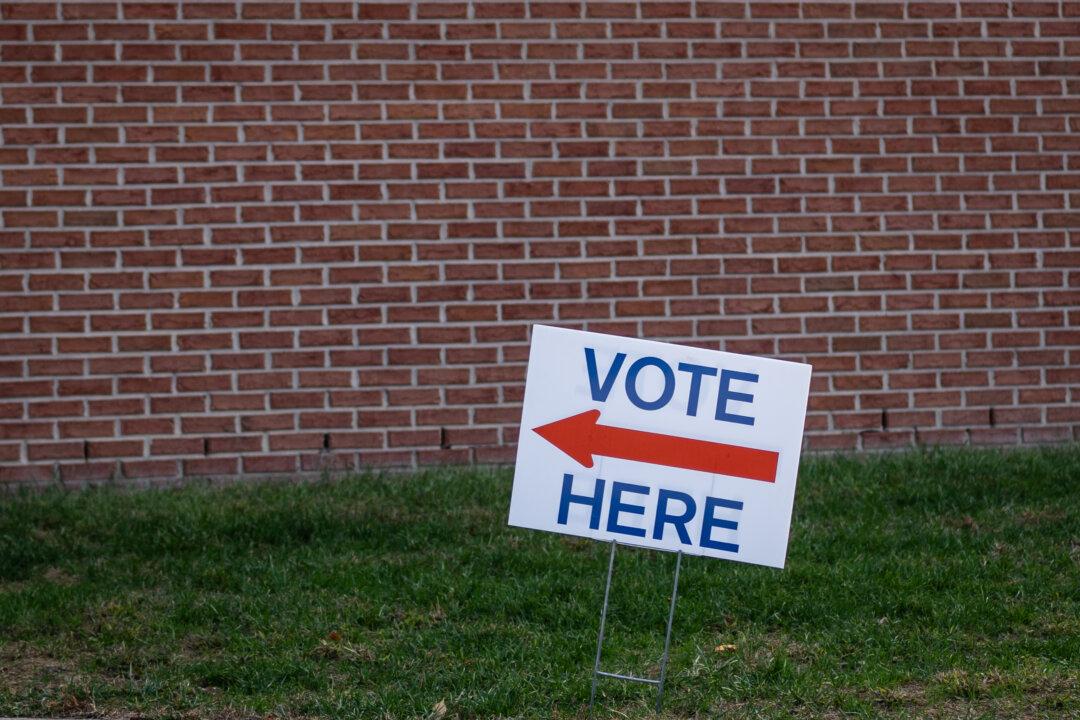In the past few weeks, churches in several states that were once part of the United Methodist Church (UMC) have split from the denomination over its failure to punish more progressive congregations for ignoring the UMC’s official position on LGBT issues.
Another Christian denomination, the Evangelical Covenant Church (ECC), lost two churches, one voluntarily and the other voted out, because of their views over “policies and practices that are inconsistent with the denomination’s human sexuality guidelines,” according to Christianity Today.





